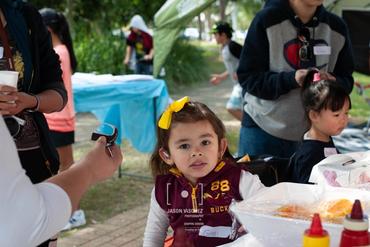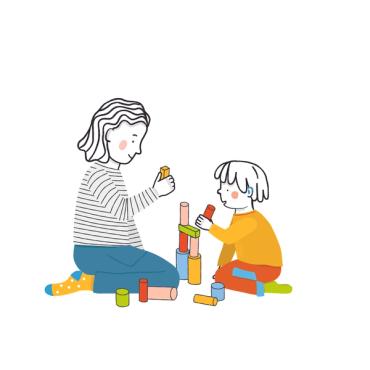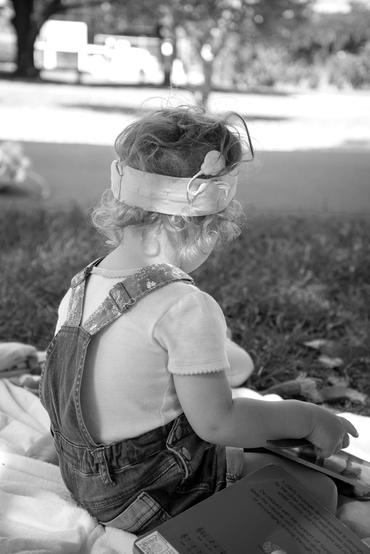Hearing tests- what to expect, what to look out for
Routine hearing tests are recommended for children of all ages. In Australia, we have free hearing tests conducted on all newborns. However, as your child grows their ability to hear can change quickly and hearing loss can develop at any stage. Aim to be vigilant for any signs of hearing loss.
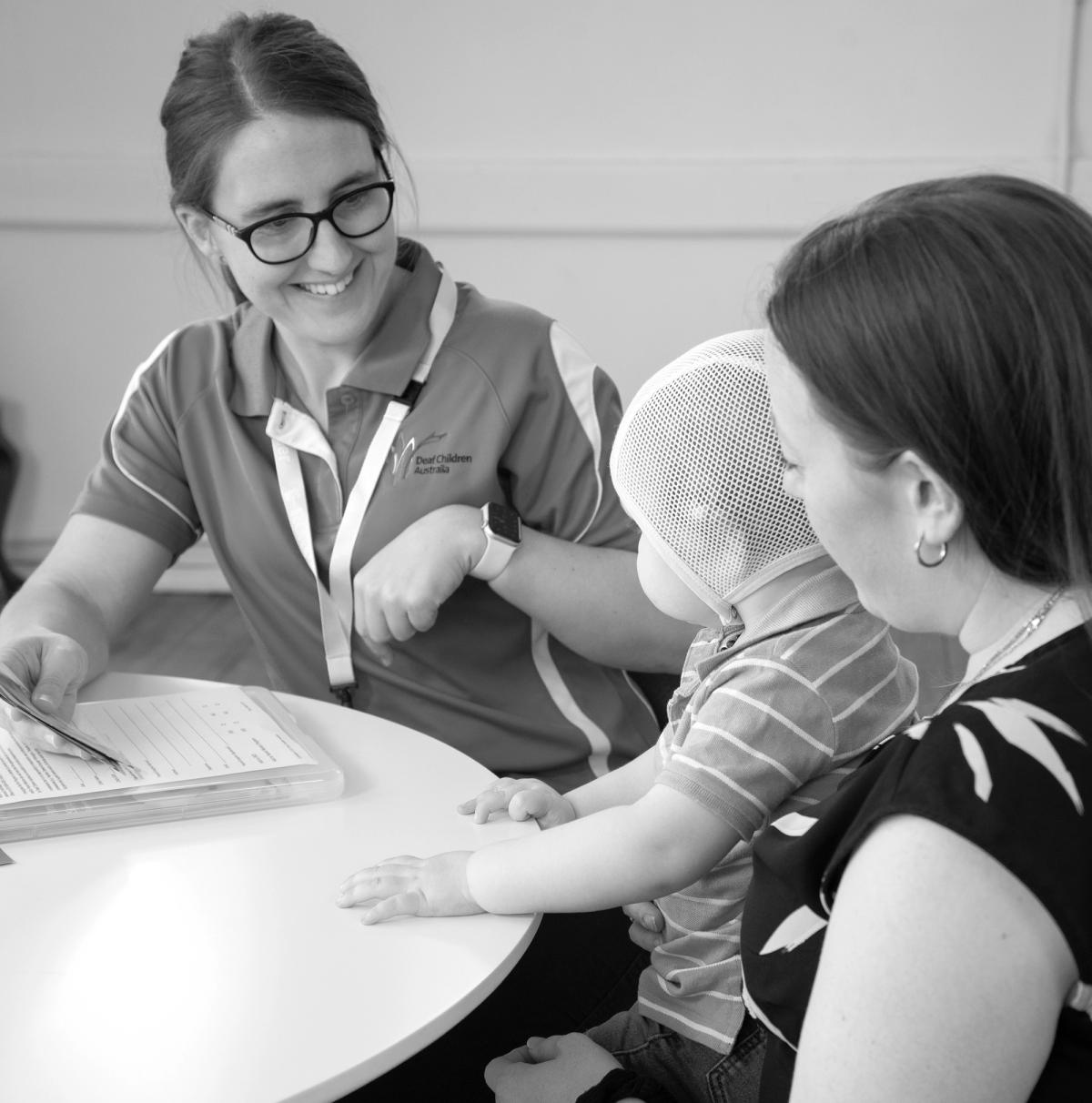
What's involved in testing my child's hearing?
Parents are innately concerned with their child's development and well being. If you suspect that your child has trouble hearing, there are a few ways to recognise signs which may indicate hearing loss.
Your baby's milestones
Your baby's speech, language and communication skills can be affected by their ability to hear. When hearing loss is confirmed, there are many ways to facilitate learning, but it is important that is it identified as early as possible.
Knowing what to look out for can help determine the types of support your child will need.
What should I look out for?
Babies react to sound at different ages. In the first six months of life, signs that your baby can hear are subtle, so it's important to know what to look out for.
By 4-7 months, your baby shoud:
- Startle at sudden loud sounds
- Acknowledge the sound of your voice
- Begin babbling e.g., 'ooh', 'aahh', and 'ba-ba', 'gaga' and 'ma-ma'
By 7-9 months, your baby should:
- Turn towards a sound or when their name is called
- Understand common words like 'no' and bye-bye'
- Imitate speech and sounds of others
By 12 months, your baby should:
- Repeat some of the sounds you make
- Begin using words like 'mum' and 'dad'
- Follow simple instructions, e.g., point to body parts when asked.
If you're concerned that your baby is not meeting these milestone, it is important to speak to your doctor or child's health nurse. It could mean that your baby may need a hearing assessment by and audiologist.
How is hearing tested?
Depending on your child's age, abilities and circumstances, your audiologist will decide which test is best suited to your child. It may involve a combination of behavioral and physiological tests.
Newborn Hearing Screening Program
In Australia, around one to two babies in every 1000 are born with a hearing loss. Many of whom have no known family history or risks.
All newborn babies can be screened for hearing loss in their first weeks of life. This test enables any hearing loss to be identified and managed as soon as possible. The main goal of newborn screening is early detection and early identification which can improve the outcomes for babies with hearing loss. Early intervention has been proven to have positive outcomes than those who choose to act later in life. Learn more about early intervention here.
How does the screening work?
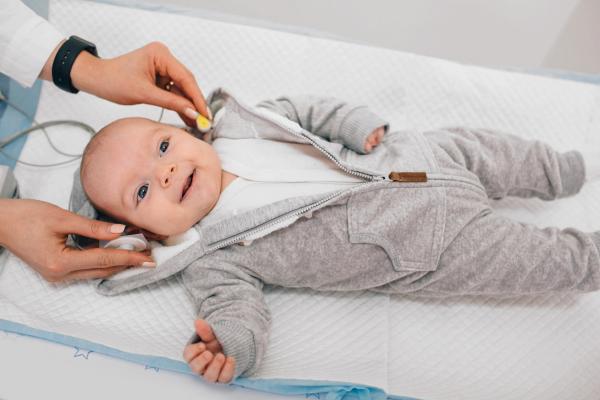
Newborn screening is performed by trained hearing screeners, using special equipment that plays sounds into your baby's ears and records how they respond to it. The test usually happens at mum's bedside in hospital, or at an outpatient appointment. It's quick and painless and most babies are asleep during the testing.
If your baby does not pass the screening, you'll be referred to an audiologist for further testing.
It is important to know that you can find support whilst going through this process. Our parent mentors can provide guidance and answers to some of your worries and concerns. Click to learn more about our parent mentors here.

